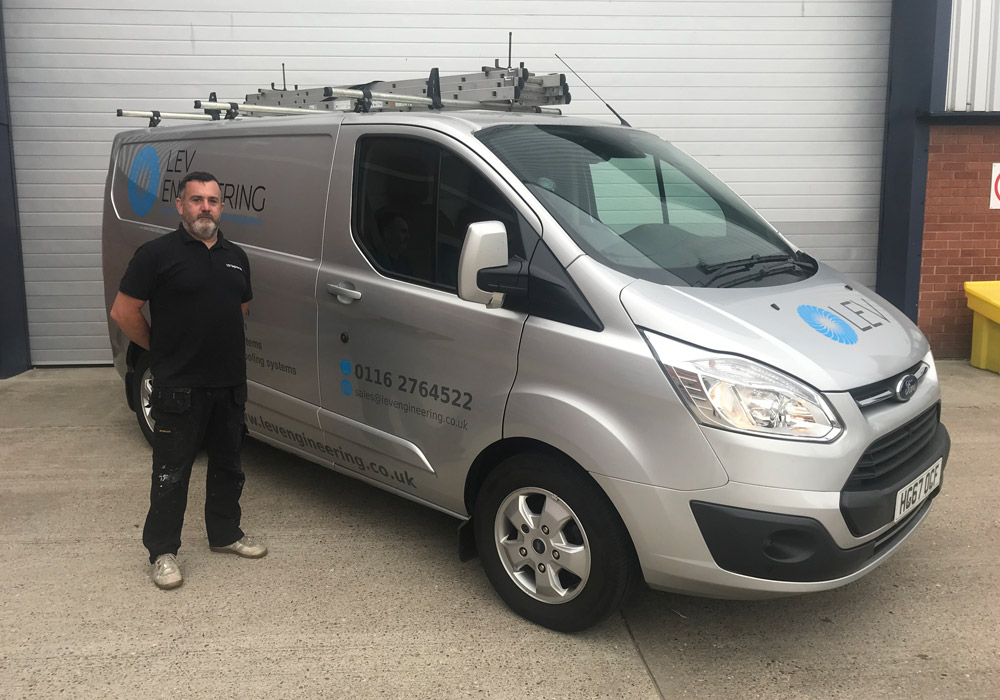Is LEV Testing A Legal Requirement?
LEV or Local Exhaust Ventilation systems and LEV Testing are designed to protect workers from hazardous substances in the workplace. This can be anything from welding fumes and smoke to harmful gasses and vapours. In most cases, this essential piece of engineering will have been designed and built to suit the specific needs of the business it serves.
Often, it can be unclear when and how regularly a LEV system should be tested. In addition to this, there can be even more confusion around whether or not testing is actually a legal requirement. So, in this blog post we will explain everything there is to know about LEV testing.
Where are LEV systems most commonly used?
Workplaces that produce dust such as bakeries, vapours and mists from paint spraying, fumes from welding or gasses (such as carbon monoxide) from furnaces.
Why is testing so important?
Having your LEV system tested regularly is critical to ensuring the entire system is functioning correctly.
Can anyone test a LEV system?
No, not everyone is qualified to do so. Your LEV system must always be carried out by a qualified and competent person, and this is usually an engineer.
Is LEV testing a legal requirement?
COSHH is the law that requires employers to control substances that are hazardous to health. This law is that the employer must maintain LEV system performance and should also arrange a thorough an LEV inspection/examination and LEV testing should occur at least every 14 months.
What happens after a LEV test?
If the engineer who tested your LEV identifies areas that need attention, then these will need to be attended to ASAP. However, if no faults are identified then nothing will change.
Remember, you must keep the results of your LEV test on file for at least 5 years, even if there are no problems identified during the test.
Do you need to speak to an engineer about one of our services? We provide a whole host of LEV services including designing and building bespoke LEV systems AND testing services.

